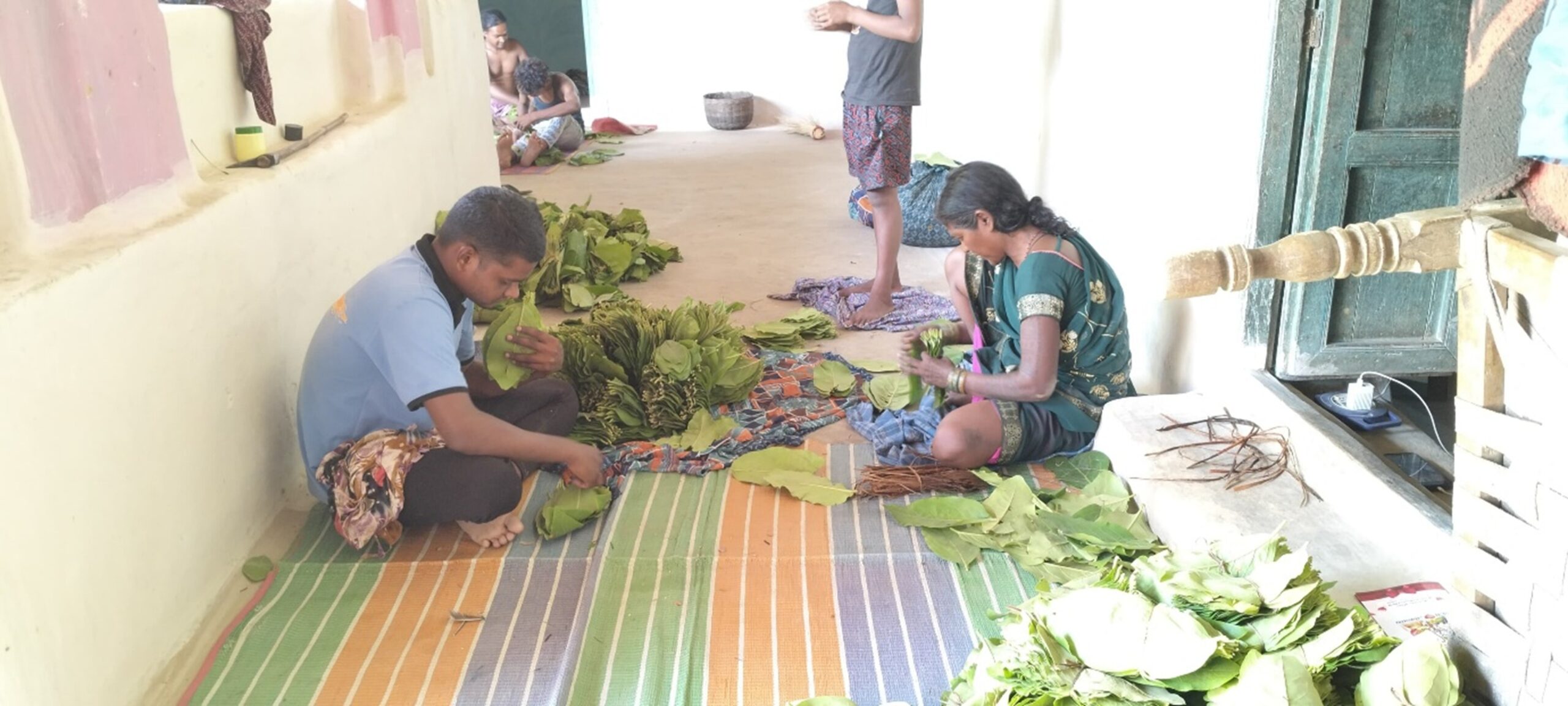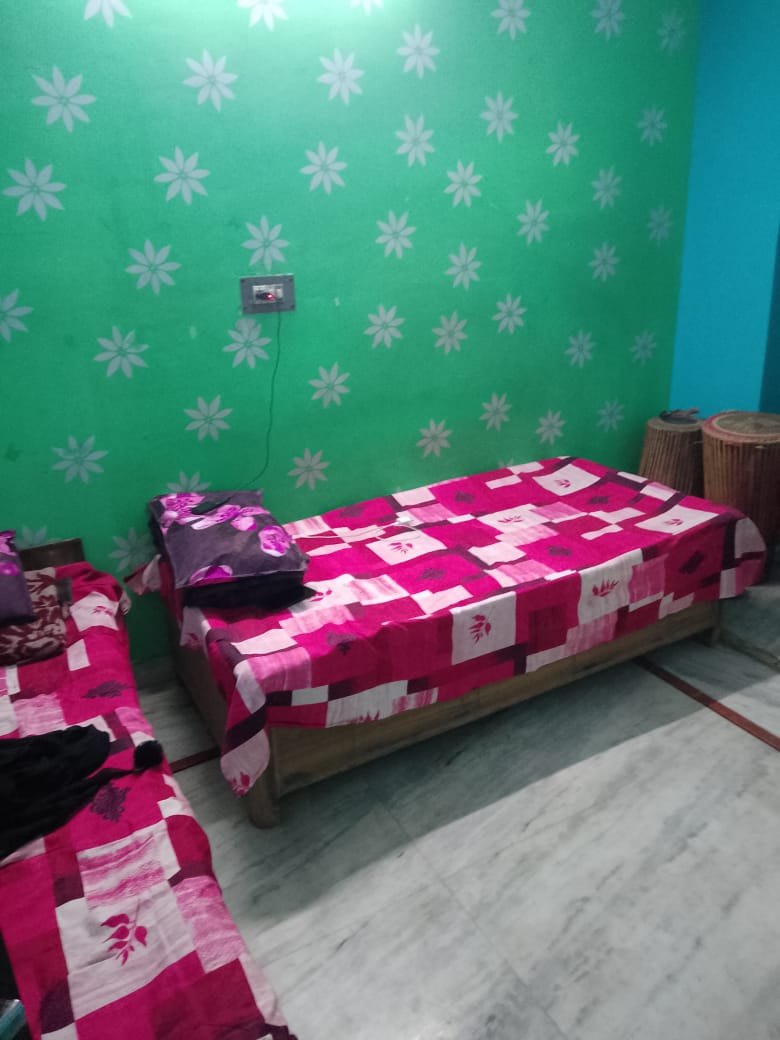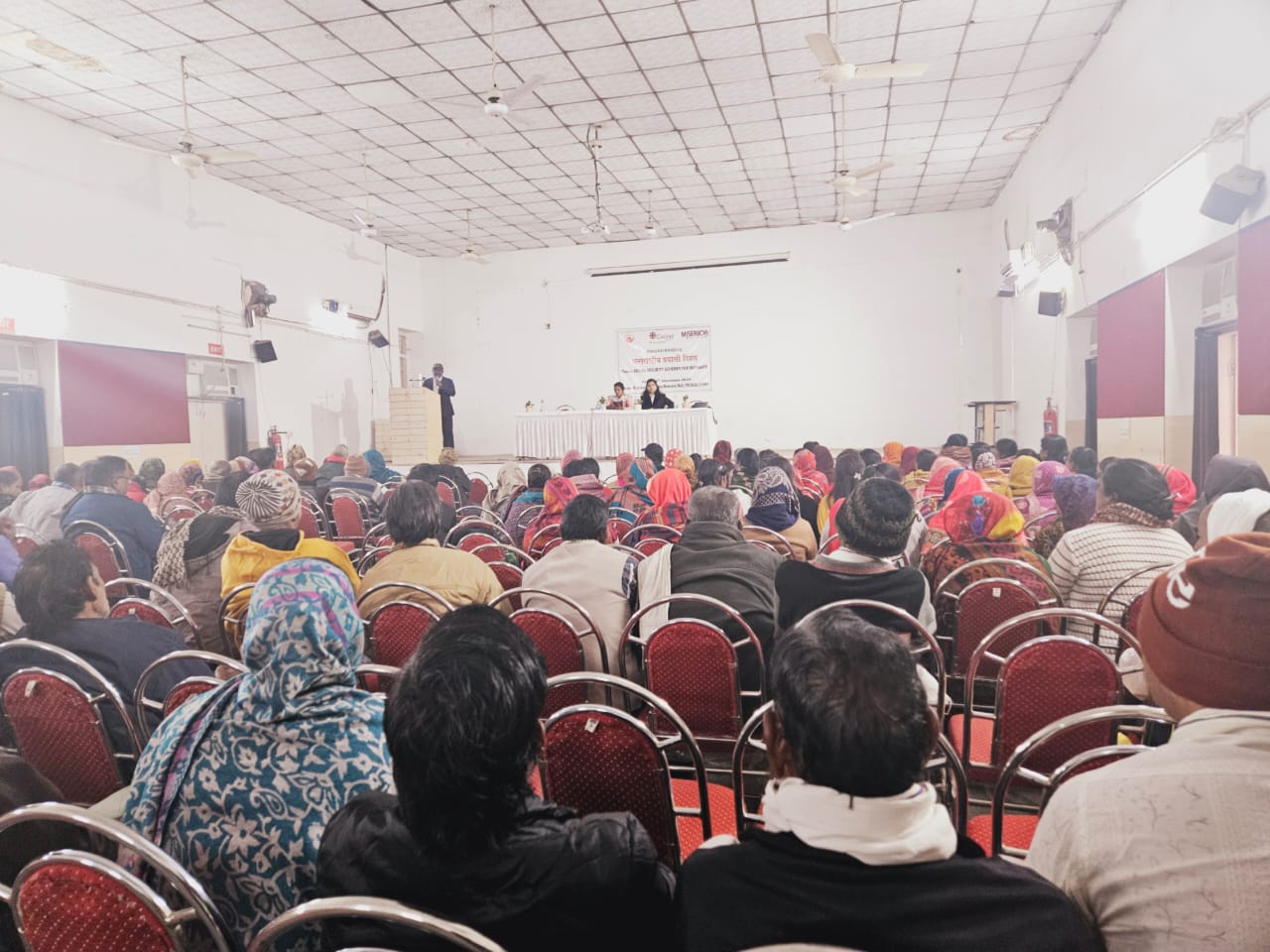Restoring Hope through Migration Resource Centers

Prakash was desperate when he approached the Simdega Migrant Resource Center (MRC) in Jharkhand for the settlement of his due wage from the contractor. He was working in Goa and was denied the last six months’ wages from the contractor in Goa.
Prakash, along with three others, migrated to Goa to work at ‘Casa Pride, a group housing colony with fixed payments. The initial few months went well with payments coming on time, but the last 6 months’ payments were held back, and only a small amount of Rs. 1000– Rs. 3000 was given for their monthly or weekly ration requirements.
Migrants face vivid vulnerabilities, whether in terms of social security, health benefits, political status, living and working conditions, or exploitation of low wages or no wages. The government has implemented various programs to support the welfare of migrant workers, but they fail to utilize these benefits due to a lack of awareness or documents.
Caritas India realized this challenge and initiated the Pravasi Bandhu program, promoting the well-being of the migrant workers through safe migration and working parallelly at the source and destination points. The program strives to ensure safe living and working conditions for migrants so they can live with dignity. MRC is an initiative that provides social, legal, cultural, emotional, and psychological support to internal migrant workers. Many migrants receive assistance in settling their wages in destination cities like Delhi, Gandhinagar, Goa, and Baddi.
Prakash came to know about the MRC and approached the MRC coordinator at Simdega and shared his ordeal. The center contacted the MRC of Caritas Goa informing them of the unpaid wages case of Prakash Soreng, along with Prawin Lakra, Anil Tete, and Simon Kujur working in the same establishment.
The challenges faced by Prakash and his companions were not limited to financial hardship. Basic necessities like water and electricity became luxuries beyond reach as unpaid bills piled up, making the situation difficult to worsen.
Pravin mentioned that it had been 4 years since last he visited his hometown and he longed to see his aged parents. His unpaid wages kept him from going home. Simon Kujur, another migrant worker, said that he wouldn’t return to Goa to work, as he didn’t expect he would have to face such difficulties. They were frustrated and said that they were willing to accept any little amount they were getting for the work they had done. They expressed their desire to return home as soon as possible.
The Pravasi Bandhu team investigated the case, but it was not without challenges to trace the owner. The contractor denied any claim for the migrants, but undeterred by the hurdles, the MRC team persisted in getting justice for the migrants.
After several discussions and negotiations, the contractor agreed to settle the unpaid wages in part with cash and a bank transfer. The MRC team facilitated the process of bank transfer for Prakash and other colleagues.

On April 2, the contractor deposited the balance amount in all the bank accounts, amounting to Rs. 2,19,000. Prakash was so delighted that after receiving the due amount, he called the MRC team to thank them for helping settle their pending payment.
Prakash’s story isn’t unique. Many migrant workers face similar struggles. But what makes it different is the role Caritas India’s MRCs played in upholding the hope of these migrants to get justice and their due entitlements. These centers provide a lifeline for those in need, ensuring every migrant worker can live and work with dignity.
Upcoming News
Learning from the Ground: Gaurav’s Journey into the Heart of Khushaal Bachpan
When Gaurav Sansare, a student from the College of Social Work, Nirmala Niketan, arrived in...
LEARN MOREShelter Home emerging as Life Savior
Manika came to Delhi 15 years ago, having migrated from the village of Tanger Toli...
LEARN MOREEmpowering the invisible workforce through holistic migrant welfare approach
Internal migration forms the backbone of India’s workforce, driving the growth of urban centers and...
LEARN MORE



 91 -11 - 2336 3390
91 -11 - 2336 3390  director@caritasindia.org
director@caritasindia.org 